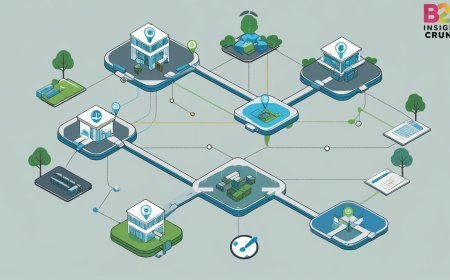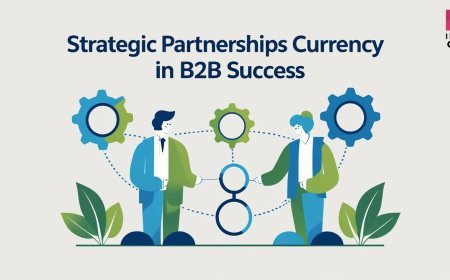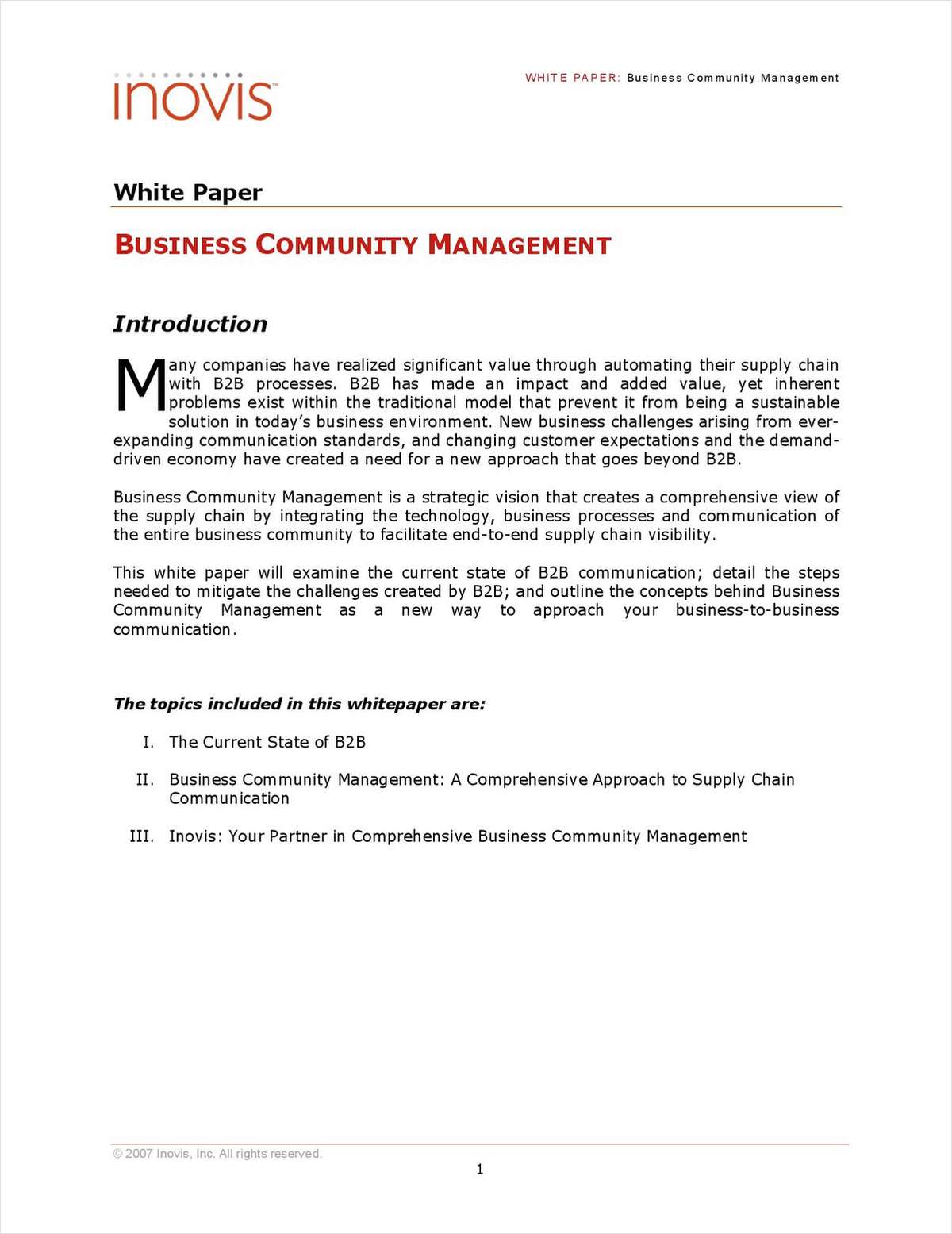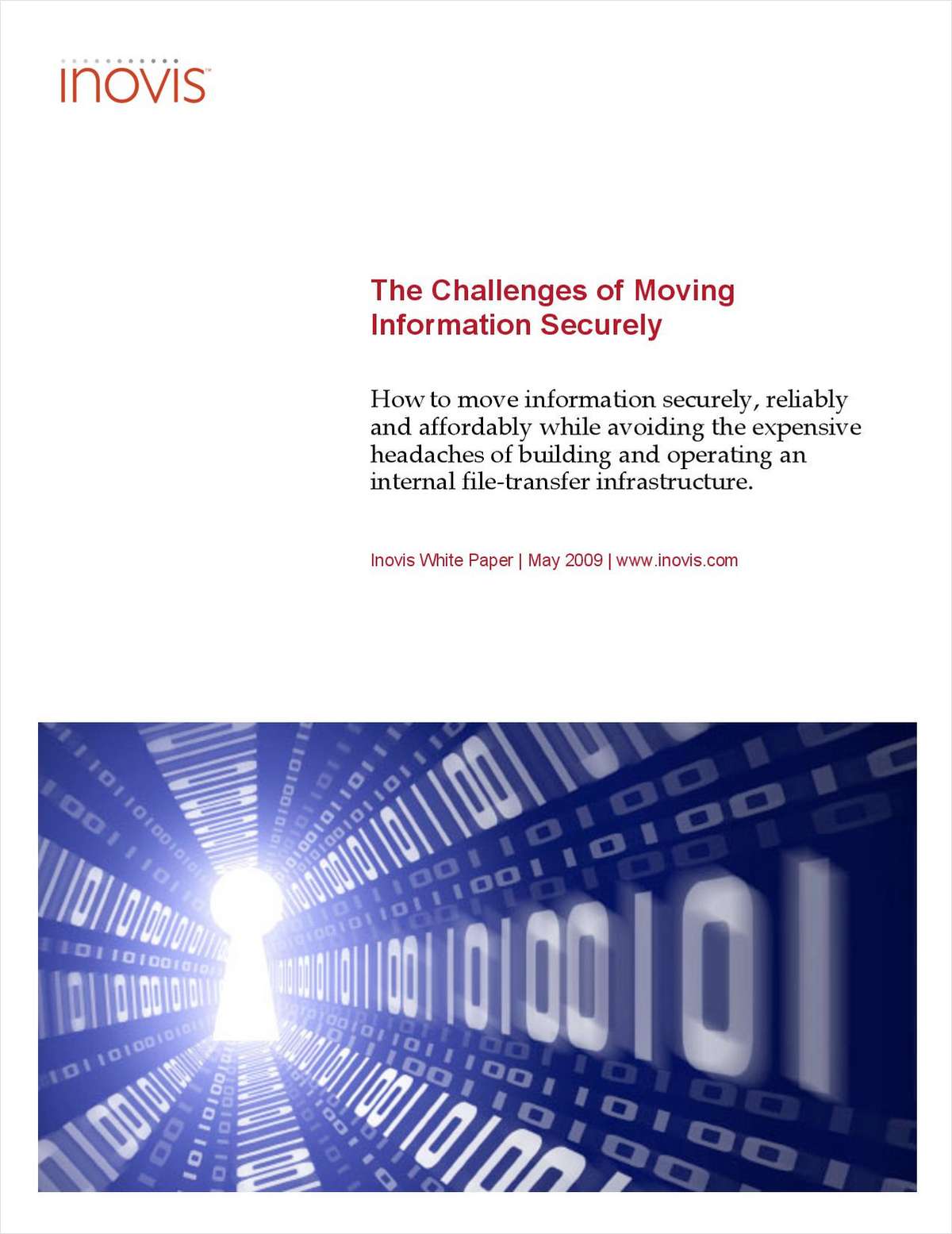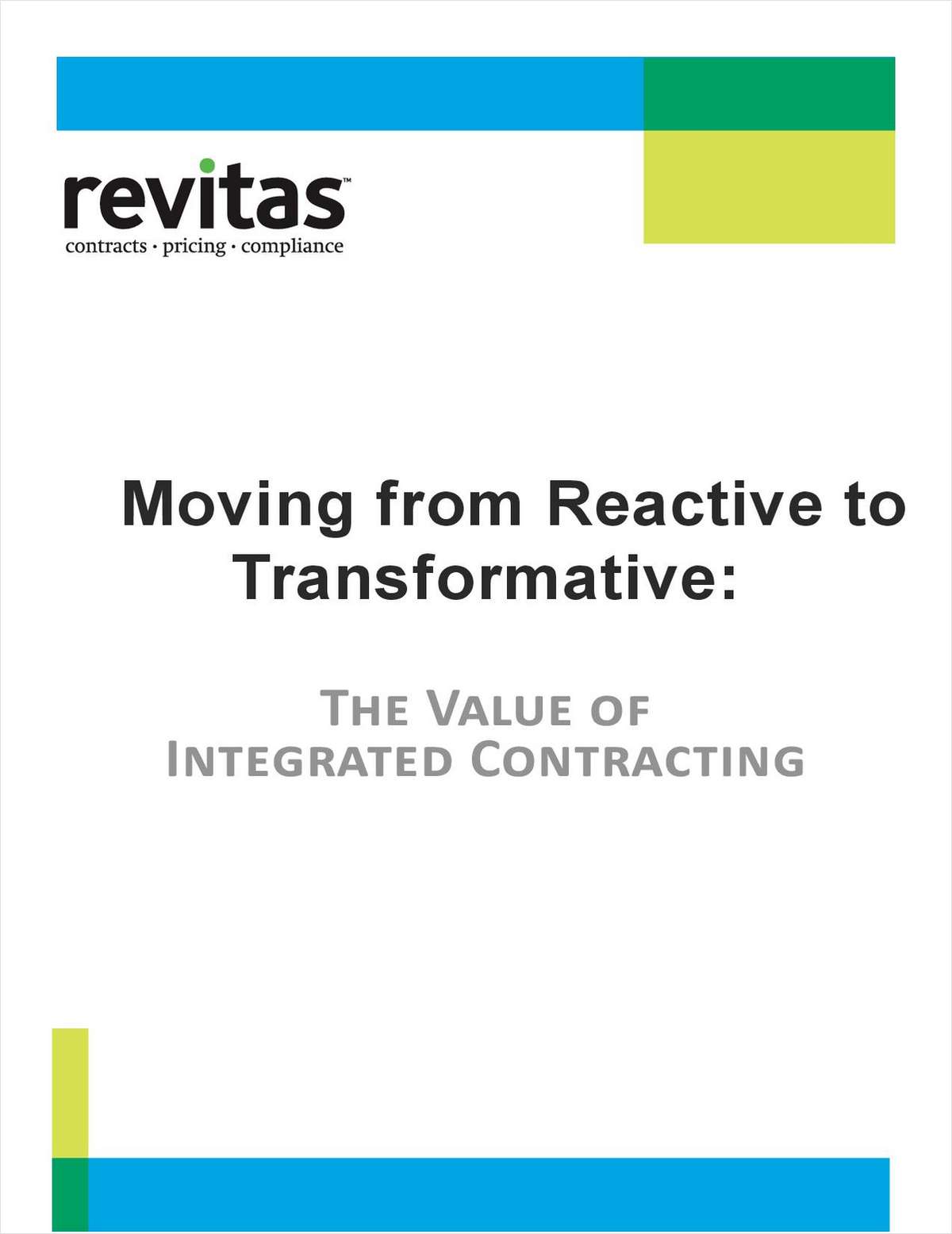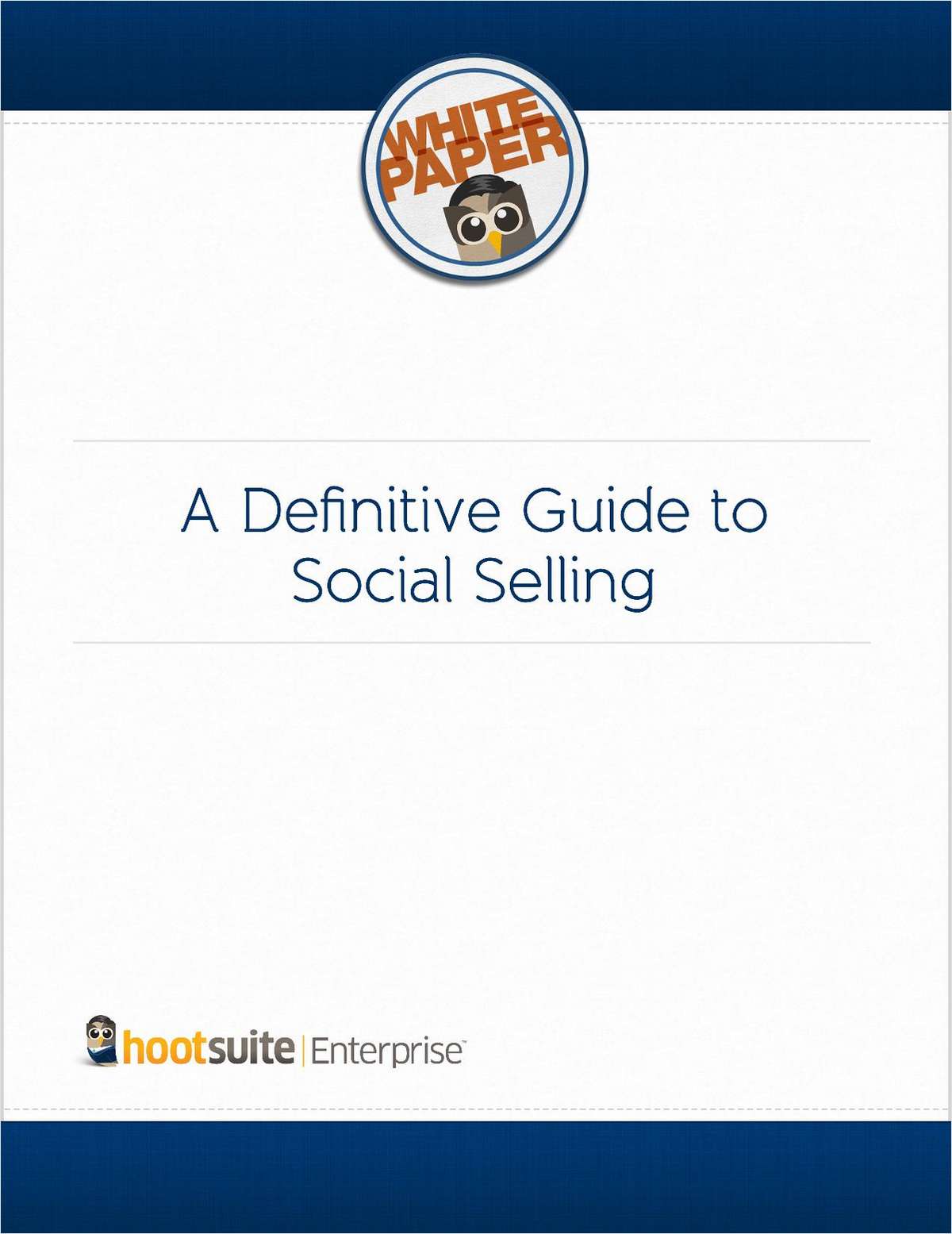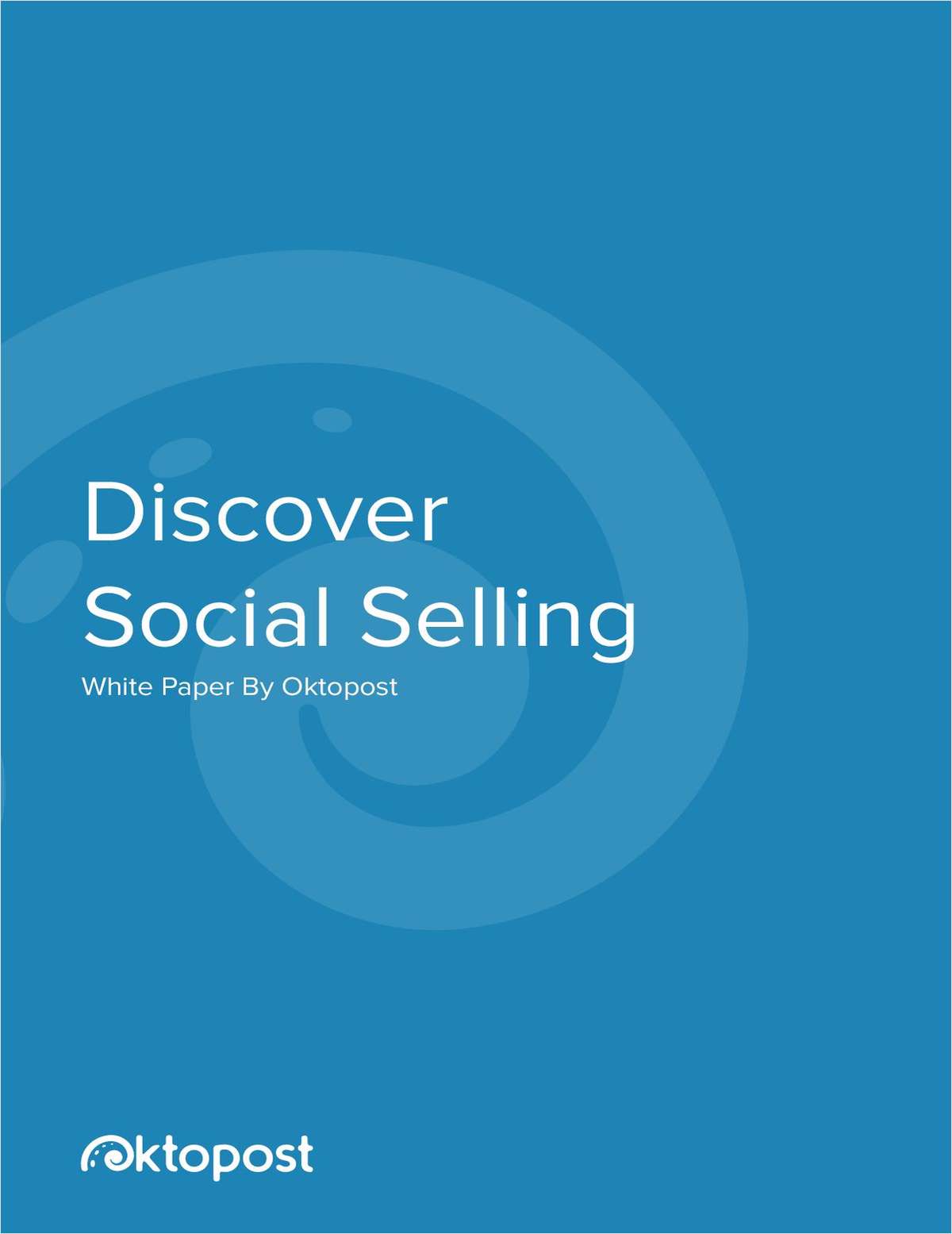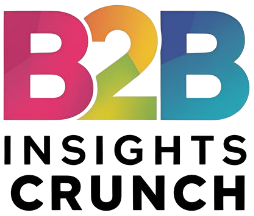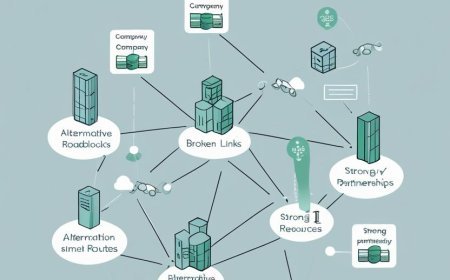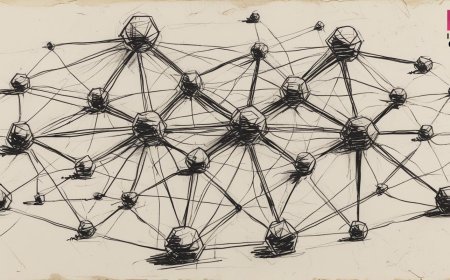Ethical Sourcing and Transparency in B2B Supply Chains
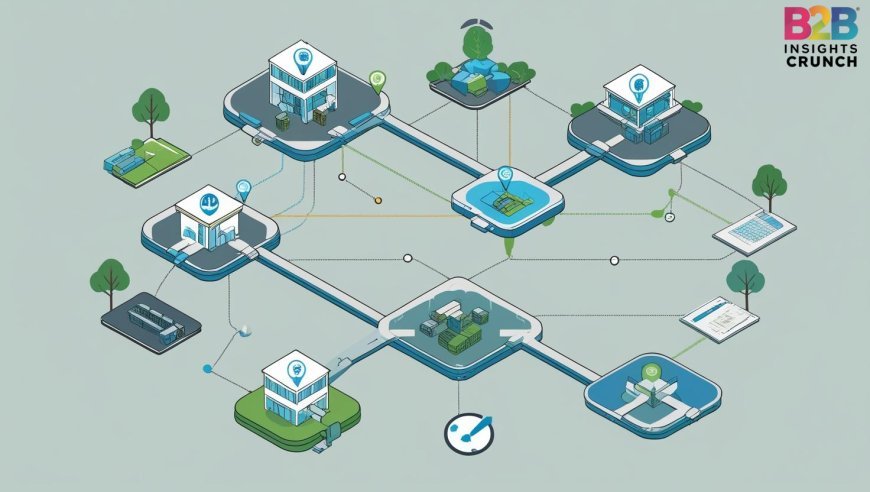
Ethical Sourcing and Transparency in B2B Supply Chains
In today’s interconnected business world, the spotlight on ethical sourcing and transparency within B2B supply chains has never been brighter. More than just a trend, these principles are becoming essential pillars for companies striving to build trust, manage risks, and create sustainable value for their customers and stakeholders. As global supply chains grow increasingly complex, the call for responsibility and openness is reshaping how businesses operate and collaborate.
Ethical sourcing means going beyond simply finding the lowest cost suppliers. It involves ensuring that every link in the supply chain respects human rights, promotes fair labor practices, minimizes environmental impact, and adheres to regulatory standards. For B2B companies, this commitment is not just about compliance-it’s about embracing a moral responsibility to support suppliers and communities, often in regions where oversight has historically been limited.
Transparency complements ethical sourcing by shedding light on the often opaque networks that connect raw materials to finished products. When businesses openly share information about their sourcing practices, supplier origins, and sustainability efforts, they empower their clients to make informed decisions and foster deeper partnerships based on trust. Transparency also acts as a safeguard against reputational damage that can arise from hidden abuses or environmental negligence within supply chains.
One of the main drivers behind this shift is growing customer and investor awareness. Today’s buyers are more conscientious, demanding to know not only what they’re purchasing but how it was made and where it came from. This demand is especially strong in sectors like manufacturing, technology, and consumer goods, where supply chains often span multiple countries and involve diverse stakeholders. B2B buyers recognize that ethical and transparent sourcing reduces risks such as supply disruptions, regulatory fines, and public backlash, ultimately safeguarding their own brand integrity.
The journey toward ethical sourcing and transparency is not without challenges. Supply chains are often vast and fragmented, making it difficult to trace products from origin to delivery. Small suppliers might lack the resources to meet strict ethical standards, and varying regulations across regions can complicate enforcement. Despite these hurdles, many companies are leveraging technology such as blockchain and data analytics to enhance traceability and validate supplier claims. These tools provide real-time insights and immutable records, helping to verify that sourcing practices align with ethical commitments.
Beyond technology, fostering a culture of partnership is crucial. Ethical sourcing thrives when companies work collaboratively with suppliers to build capacity, improve working conditions, and share best practices. This collaborative approach turns suppliers into allies rather than mere vendors, creating a foundation of mutual respect and long-term sustainability.
Importantly, ethical sourcing and transparency are not just about protecting reputation-they are increasingly linked to business performance. Companies with responsible supply chains tend to attract more loyal customers, benefit from smoother operations, and enjoy enhanced employee morale. Moreover, governments and regulatory bodies worldwide are tightening laws related to human rights and environmental impact, making proactive compliance a strategic advantage rather than an afterthought.
Looking forward, the emphasis on ethical sourcing and transparency is only set to intensify. As global challenges like climate change, labor rights, and social equity come to the forefront, B2B companies will need to integrate these values deeply into their supply chain strategies. Those that do will not only meet growing expectations but also drive positive change across industries, proving that doing good and doing well can go hand in hand.
In essence, ethical sourcing and transparency represent a fundamental shift in how businesses view their responsibilities-not just as buyers and sellers but as stewards of a more just and sustainable global economy. This transformation is shaping the future of B2B supply chains, where trust and integrity become as valuable as any product or service.


